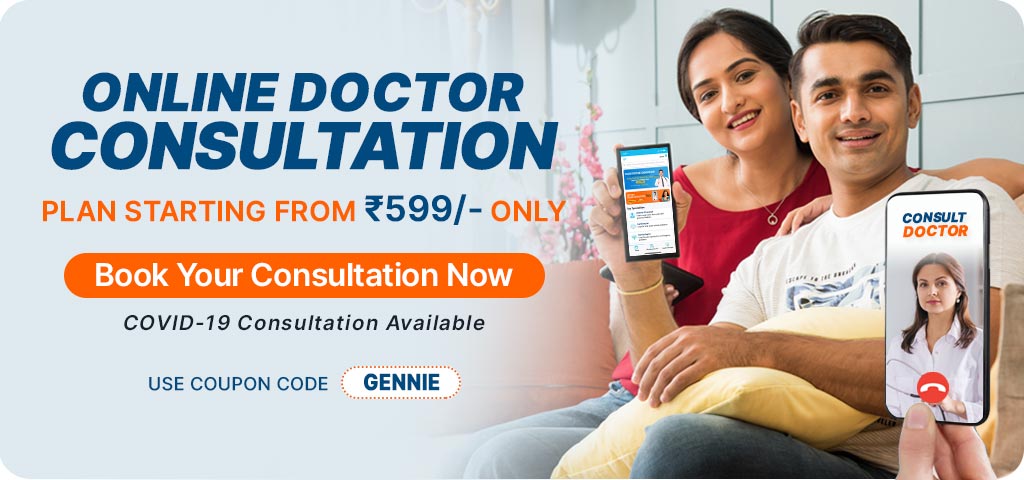Online OPD Consultancy
Online OPD (Outpatient Department) consultancy has significantly transformed healthcare accessibility by enabling remote medical consultations. As a result, patients can now connect with healthcare professionals through virtual platforms, discussing symptoms, receiving medical advice, and even obtaining prescriptions from the comfort of their homes. Furthermore, this digital approach enhances healthcare access, especially for individuals in remote areas or those with mobility constraints. Additionally, it reduces the need for physical visits, offering a convenient and efficient solution for non-emergency medical consultations. Moreover, the convenience of online OPD consultancy contributes to the evolution of patient-centric healthcare, ensuring timely and accessible medical guidance for a diverse range of health concerns. Consequently, this advancement in healthcare delivery allows patients to seek medical help without geographical or physical limitations.

Workflow of OPD
Registration and Appointment Booking:
Patients initiate the process by registering on the online OPD platform. They provide basic information and create an account. Subsequently, the platform typically allows users to schedule appointments with healthcare professionals at their preferred date and time.
Virtual Waiting Room:
On the scheduled day, patients enter a virtual waiting room where they await their turn for the consultation. In this way, the platform mimics the traditional waiting room experience in a physical clinic.
Video Consultation:
Once it’s their turn, patients are connected to a secure video consultation with the healthcare professional. During this virtual encounter, patients can discuss their symptoms, medical history, and any health concerns they may have.
Examination and Diagnosis:
Healthcare professionals conduct a virtual examination by asking questions, reviewing symptoms, and discussing relevant medical information. Additionally, they may request further details, such as vital signs, through integrated devices or self-reporting by the patient.
Prescription and Treatment Plan:
Based on the consultation, the healthcare provider may prescribe medications, suggest lifestyle changes, or recommend further diagnostic tests. Consequently, prescriptions are often digital and can be directly sent to pharmacies for fulfillment.
Follow-Up and Monitoring:
For ongoing care, the platform facilitates follow-up consultations. In addition, patients can schedule additional appointments, and healthcare professionals may monitor progress, adjust treatment plans, or offer further guidance.
Digital Record Keeping:
Patient records, including consultation details, prescriptions, and diagnostic reports, are securely stored in digital formats. Thus, this aids continuity of care and ensures a comprehensive medical history is easily accessible.
Payment and Billing:
Online payment and billing systems simplify financial transactions. Therefore, patients can pay for services through integrated payment gateways, ensuring a hassle-free and secure process.
Feedback and Reviews:
Patients often have the opportunity to provide feedback and reviews, contributing to the continuous improvement of the online OPD platform. Moreover, this enhances transparency for other potential users.
Integration with Electronic Health Records (EHR):
To ensure comprehensive healthcare management, some online OPD platforms integrate with Electronic Health Records (EHR) systems. As a result, this facilitates seamless information sharing between healthcare providers and institutions.